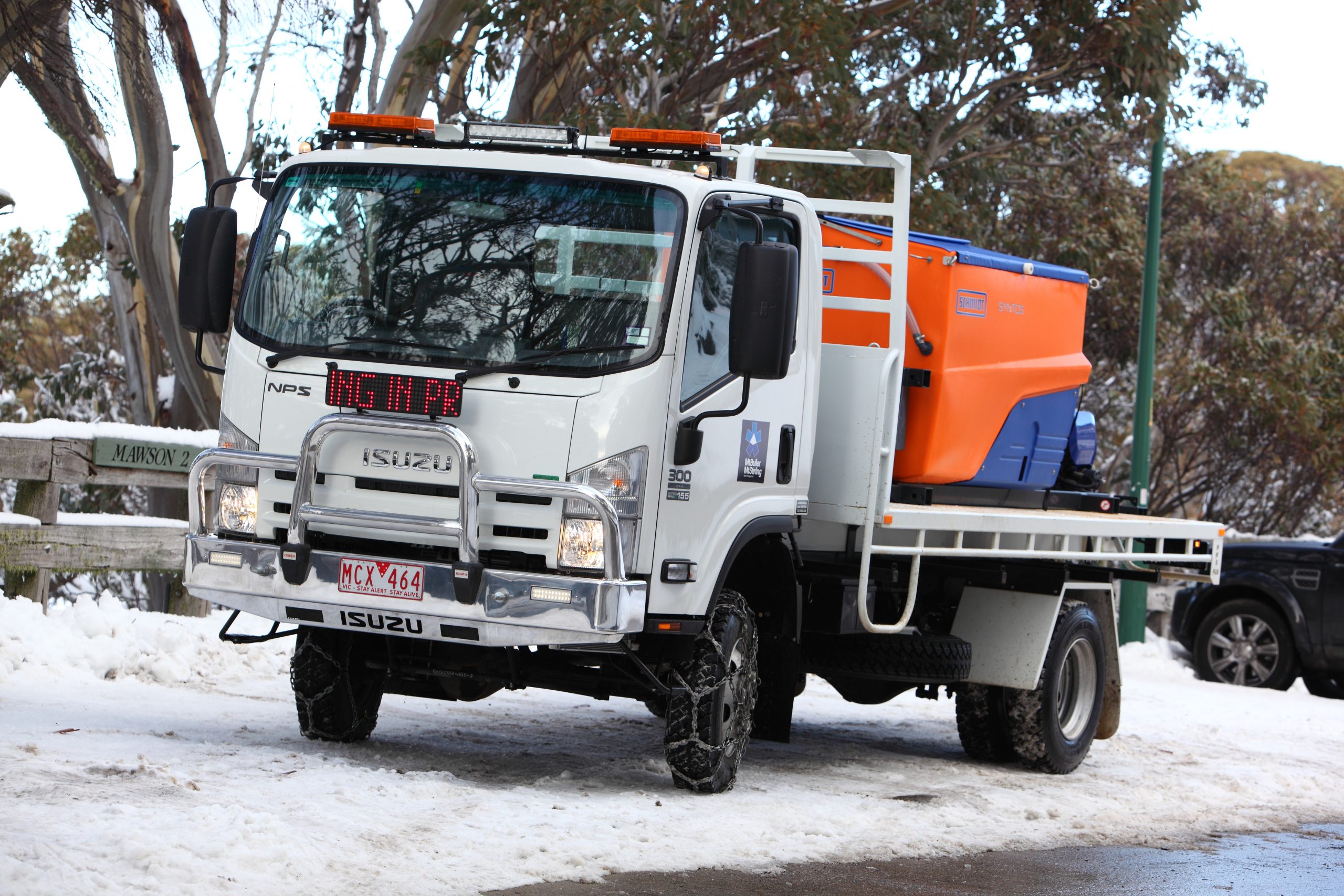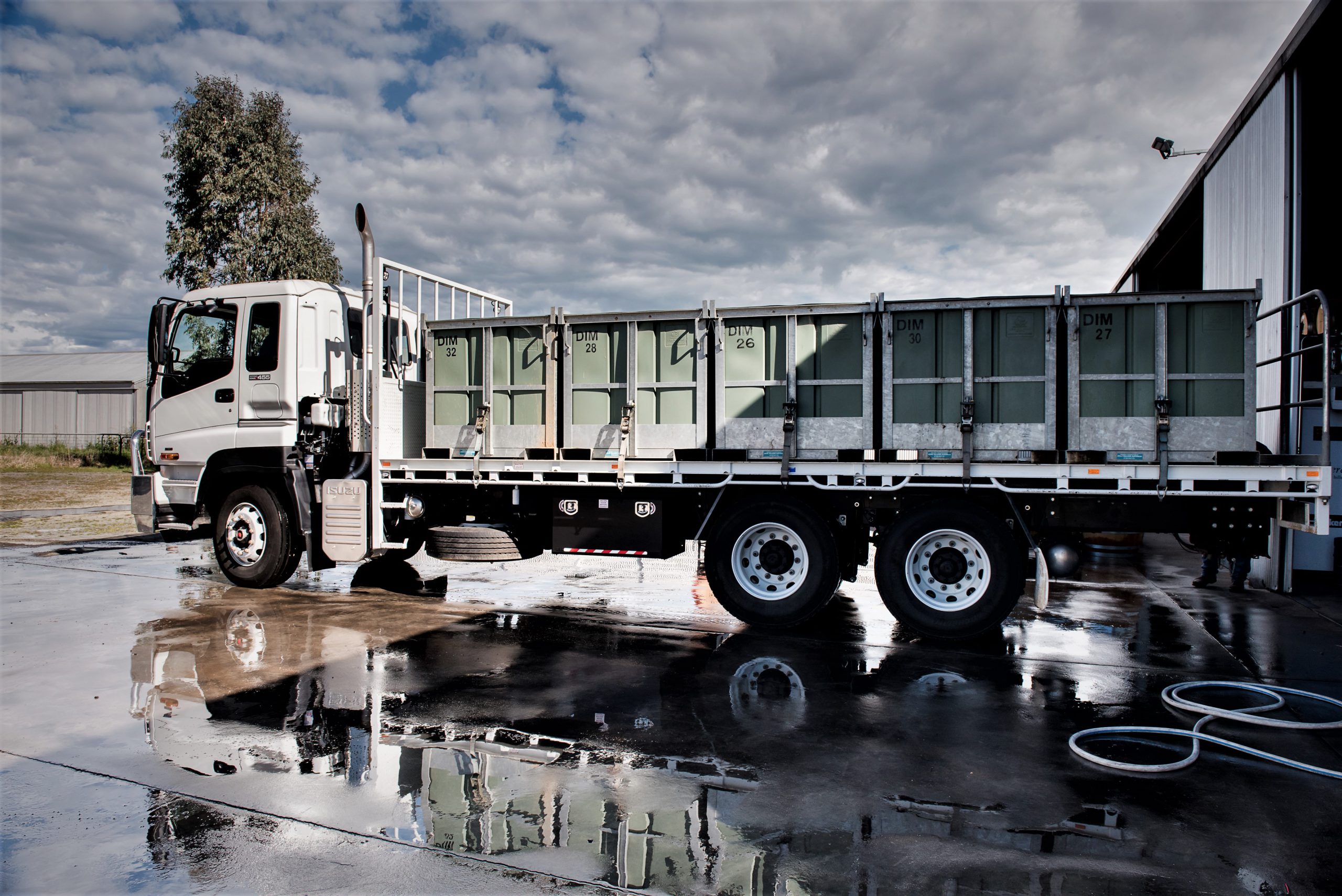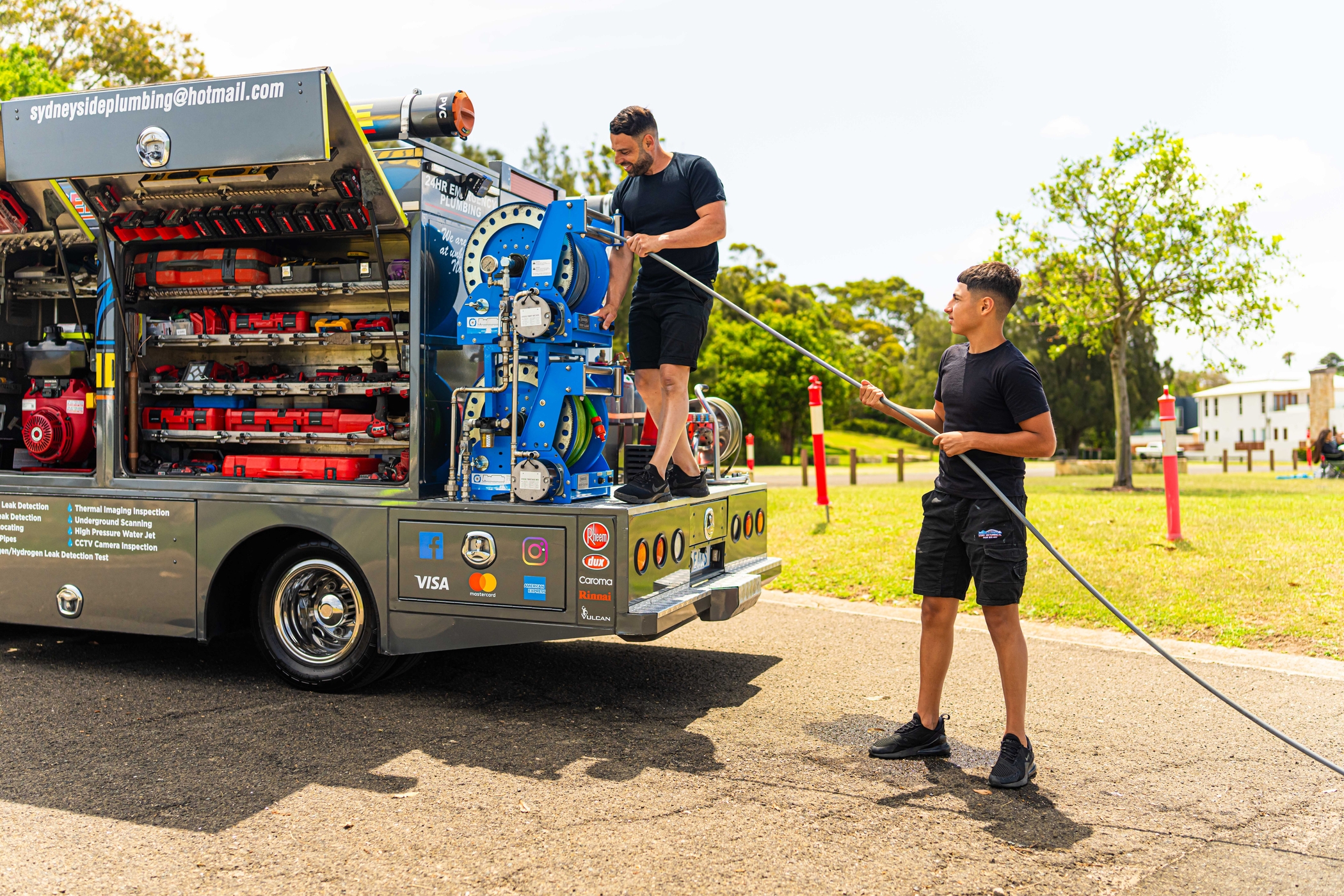HOT TIPS FOR WINTER TRUCK MAINTENANCE


Engine care
Anti-freeze
If your trucks are operating in high country snow regions, always add anti-freeze to your truck’s radiators. Anti-freeze works because it lowers the freezing point of any water-based liquid. In your truck’s cooling systems, this helps to prevent damage to components that can burst when water freezes and expands. Anti-freeze should be replaced annually as over time, it can lose its ability to lower the freezing point of water or water-based liquid that can lead to unwanted corrosion in your cooling system.Engine oil
When temperatures drop dramatically in winter, engine oil can also thicken and this can cause problems for starting the engine reliably. Selecting the right engine oil viscosity for the season can make a positive difference and choosing multi-grade/multi-viscosity oils is always recommended in colder climates. Using quality engine oil (regularly topped-up and changed) reduces friction and can protect the engine from external contamination and corrosion, while helping your truck run smoothly on its usual round.Avoid accidents with simple checks
Tyre tread
Checking the tread on your tyres is always critical, but in winter when roads are slippery from rain, frost and even snow, it is more important than ever. Look for bald patches, cracks, bulges and flat spots on truck tyres and if any defects are identified, replace them immediately. It’s best not to attempt to get that extra 1,000 kilometres out of them during winter. Worn out tyres can’t adequately disperse water, and once a layer of water gets in between a worn tread and the road surface, grip can totally disappear.
Wiper blade replacement
Poor visibility is a main contributor to accidents during harsh weather conditions. By the time winter rolls around, rubber wiper inserts will be well on the way to needing replacing—with the previous summer’s heat meaning they could be hard or brittle if not replaced already. Check your wipers are in good working order and inspect washers to ensure nozzles haven’t been blocked with dirt or debris.
Battery performance
In lower temperatures, batteries often run slower and this can cause a battery’s power to decrease, making it harder to start your vehicle. Checking terminals and cable attachments regularly, as well as looking for cracks, corrosion and general cleanliness in a weekly check will help you identify any early issues. Don’t forget to remove foreign material, grime, caked on build-up or brake soot that is in or around the battery housing, you can do this using a stiff brush. Topping up battery fluid (where applicable) is also something to put on your regular maintenance list.Don’t forget the little things
Checking belts and hoses isn’t always a number one priority, so it’s definitely worth giving them a regular once-over during cold weather. Look for cracks, abrasions, or fissures, and replace parts as they’re needed… without delay. While belts in engines can stretch during warmer weather, they can do the opposite when it’s cold, causing complications like cracks and tears. By maintaining the premium condition of your fleet’s hoses and belts, you reduce the likelihood of breakdowns and keep your truck fleet moving.
Good routines make a healthy truck
Whether you’re running (or driving) one or 100 trucks, maintaining a good routine relies on easy communication between your drivers, fleet managers and operations teams. It’s always a good idea to share seasonal safety messages that remind drivers of any unique conditions. Combine this with regular, thorough vehicle inspections, and it can help keep your fleet in top shape across the colder winter months. You’re also staying on the right side of Chain of Responsibility laws with a consistent truck maintenance routine that takes weather conditions into account. Freight, farming, trades or truck sales… we’ve all been impacted by COVID-19. Have a read on how Australia’s supply chains have been affected here.


The all-new Isuzu truck range is about to arrive.
Register your interest and we'll keep you in the loop with the latest updates.
Learn More



